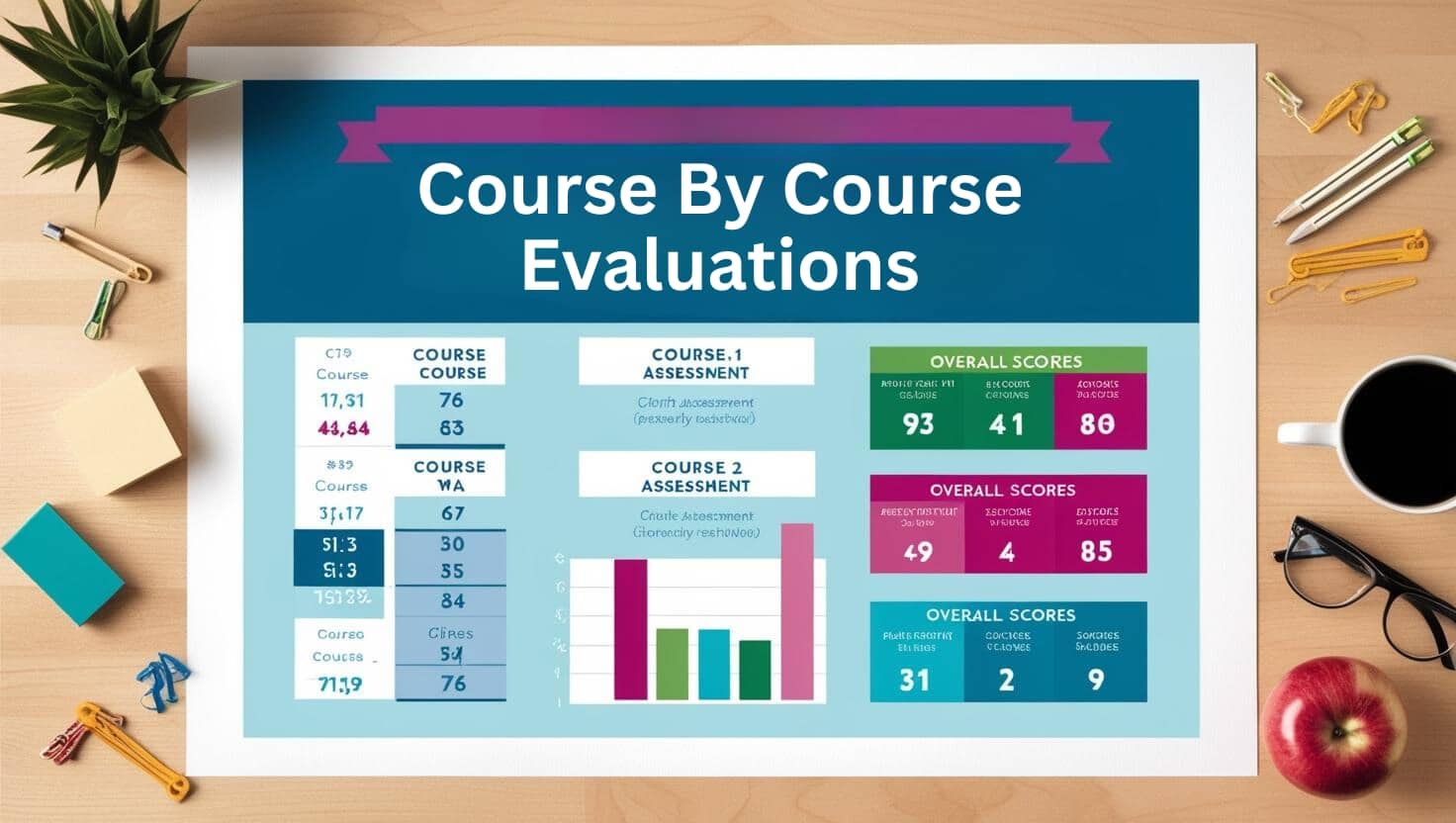Introduction
In today's globalized globe, higher education qualifications are significantly valued throughout nationwide borders. Many people seek to further their jobs or pursue academic chances in various nations, demanding an extensive understanding of their academic credentials. This is where international credential examination services entered into play, helping both people and establishments in verifying the credibility and similarity of foreign https://messiahkxqe766.theglensecret.com/international-credential-evaluation-solutions-international-degree-work-assessments scholastic credentials.
Among the different methods of credential assessment, the course-by-course credential evaluation attracts attention as a thorough method that offers a comprehensive evaluation of a person's educational records. This article will certainly discover the nuances of course-by-course examinations, outlining what they entail, why they are important, and exactly how they can influence one's occupation trajectory.
What is Course‑by‑Course Credential Evaluation?
Definition and Purpose
A course-by-course credential evaluation includes a thorough evaluation of each training course listed on a scholastic records. This evaluation not only translates qualities and debts yet likewise examines the content and rigor of each training course taken by the pupil. The primary objective is to figure out just how these courses line up with educational standards in one more country.
Importance of Course‑by‑Course Evaluations
Why is it necessary to carry out a course-by-course examination? For individuals intending to study or work abroad, this sort of analysis can give important insights right into just how their previous academic experiences equate in a new context. It aids institutions in making educated choices regarding admissions, working with, or licensure.
The Process of Course‑by‑Course Credential Evaluation
Step 1: Record Collection
The primary step in any type of academic credential evaluation process is gathering necessary papers. This usually includes:
- Official transcripts Degree certificates Course curricula (if offered)
Having these records all set streamlines the analysis process.
Step 2: Testimonial and Analysis
Once records are accumulated, critics meticulously evaluate them for credibility and completeness. Each training course is examined based upon a number of criteria:
- Credit Hours: The amount of credit scores were assigned to every course? Grades: What grades were achieved? Course Material: What subjects were covered?
Step 3: Comparison with Neighborhood Standards
After comprehensive analysis, critics compare the courses against neighborhood instructional standards. They might reference resources such as:
- National databases Accreditation bodies Institutional guidelines
This contrast helps determine equivalency degrees for each and every course.
Step 4: Record Generation
Finally, critics compile their searchings for into a comprehensive record that details:
Total credit histories earned. Equivalent programs at local institutions. Grading ranges comparisons.This report serves as a certification that can be presented to schools or employers.
Benefits of Course‑by‑Course Credential Evaluations
Enhanced Recognizing of Academic Background
One key advantage is that pupils gain clearness on how their international education and learning aligns with local assumptions. This understanding outfits them for much better decision-making concerning further studies or task applications.
Increased Employability
Many companies require prospects to have evaluated qualifications when taking into consideration applicants from abroad. A favorable examination can considerably improve employability prospects.

Facilitates Admission to Educational Programs
For pupils wanting to enroll in level programs, having a detailed assessment aids institutions assess whether applicants satisfy entrance demands more effectively.
Work Experience Assessment vs. Course-by-Course Credential Evaluation
What is Work Experience Evaluation?
A work experience evaluation focuses on examining professional experiences rather than scholastic achievements. It checks out skills gotten with employment rather than formal education.
Key Differences Between Evaluations
|Feature|Course-by-Course Credential Evaluation|Work Experience Assessment|| ---------------------------|---------------------------------------|----------------------------|| Focus|Academic training courses|Expert experience|| Documents Needed|Records and syllabi|Work letters|| Outcome|Academic similarity|Ability acknowledgment|
Understanding these distinctions helps people in picking which sort of analysis fits their requirements best.

Expert Point of view Letters
Importance of Expert Viewpoint Letters
An expert viewpoint letter function as an additional layer of recognition for analyses, specifically when one-of-a-kind circumstances arise-- like unaccredited establishments or non-traditional academic experiences.
How They Are Used
These letters can sustain applications by supplying understandings from professionals that assess certifications based upon sector standards or particular institutional requirements.
Common Misunderstandings Regarding Credential Evaluations
Myth 1: All Examinations Are Produced Equal
Not all examinations hold the very same weight; various companies have varying approaches and acceptance rates among institutions.
Myth 2: Only Degrees Matter
While levels are essential, numerous companies worth abilities gotten with job experience just as-- and this stresses the relevance of job experience evaluations together with scholastic assessments.
FAQs About Course‑by‑Course Credential Evaluation
What papers do I require for a course-by-course credential evaluation?- You normally require official records, level certificates, and possibly program syllabi if available.
- The period varies by provider however normally varies from a few weeks to numerous months depending upon complexity.
- Yes! Most companies identify evaluated qualifications when making working with decisions.
- Generally talking, indeed; as a result of its in-depth nature and thorough analysis.
- Not all; it's vital to inspect certain institutional requirements before applying.
- It's finest to clear up any discrepancies with your institution before submission; evaluators might flag disparities affecting your assessment.
The Function of Various Stakeholders in Credential Evaluation
Educational Institutions
Institutions count on precise assessments to confess qualified prospects while guaranteeing compliance with certification standards.

Employers
Employers utilize assessments to confirm potential hires' credentials properly-- improving trust fund throughout recruitment processes.
Government Bodies
Some federal government agencies call for credential examinations for migration objectives; hence playing a vital function in global mobility.
Conclusion
In summary, browsing the complexities surrounding worldwide education and learning calls for thorough understanding and competence-- both located within the realm of credential assessments especially concentrated on programs taken during one's academic trip. A course-by-course credential evaluation not only illuminates private achievements yet also promotes opportunities throughout borders via boosted employability and instructional access.
As globalization proceeds shaping our world, investing time right into recognizing these subtleties can confirm vital for those looking towards global horizons-- whether academically or properly oriented! Always bear in mind that you have alternatives readily available-- so make educated choices regarding your future!